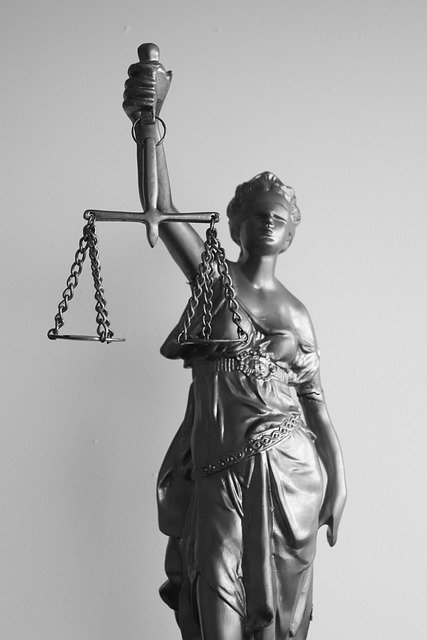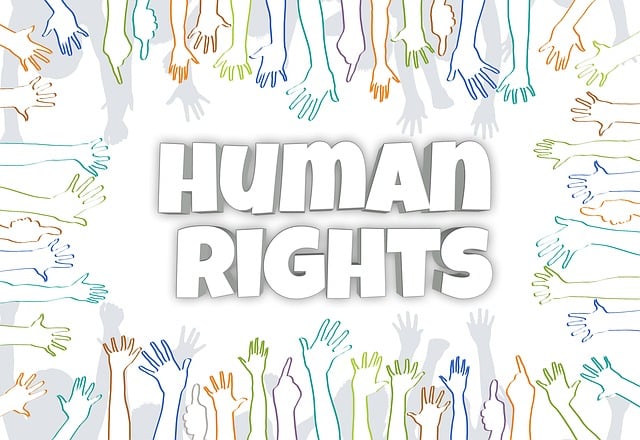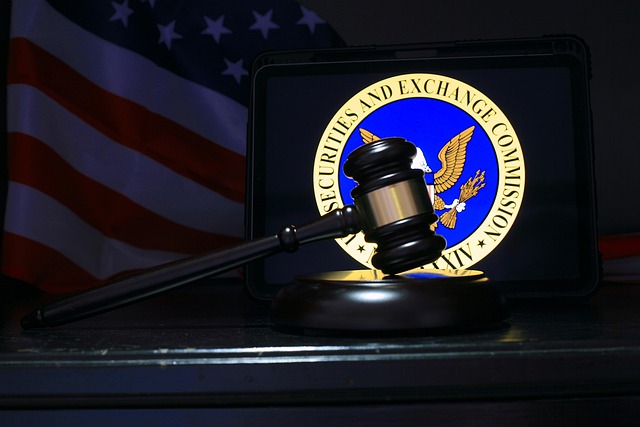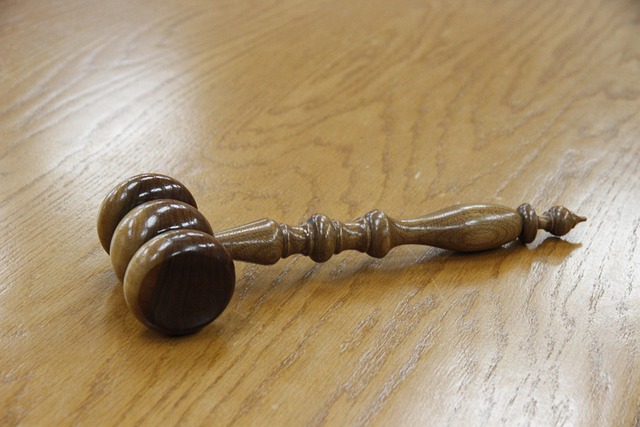Criminal Law Enforcement operates under a delicate balance between public safety and individual rights, as guaranteed by the Constitutional Protections in Criminal Defense. This framework guides every stage of the process, from investigation to trial, with strict protocols ensuring fairness. Skilled attorneys interpret these protections to defend clients' rights, aiming for favorable outcomes like jury trials or preventing indictments. Understanding these principles is vital for both defendants and legal representatives to navigate the system effectively, upholding the rule of law and protecting constitutional rights.
Criminal law enforcement is a complex web of principles, procedures, and rights designed to balance justice with liberty. Understanding these fundamentals, including the crucial role of Constitutional Protections in Criminal Defense, is essential for both legal professionals and the public. This article explores key aspects, from the basic tenets of criminal law to practical applications illuminated by real-world case studies. By delving into these areas, we gain insights into how constitutional rights are interpreted and applied in modern criminal justice systems.
- Understanding Criminal Law Enforcement: Key Principles and Procedures
- The Role of Constitutional Protections in Criminal Cases
- Rights of the Accused: A Comprehensive Overview
- Balancing Justice and Liberty: Court Interpretations of Constitutional Rights
- Practical Applications: Case Studies and Their Implications for Criminal Defense
Understanding Criminal Law Enforcement: Key Principles and Procedures

Criminal Law Enforcement operates within a complex framework governed by fundamental principles and established procedures. At its core, it balances public safety with individual rights, as enshrined in Constitutional Protections in Criminal Defense. These protections are vital to ensuring fair trials, where defendants have the right to a jury trial, one of the cornerstones of a robust legal system. Through diligent advocacy, skilled attorneys can navigate these processes, aiming for winning challenging defense verdicts, while also safeguarding clients from potential indictment.
The process involves meticulous investigation, evidence collection, and strategic planning. Law enforcement agencies and prosecutors must adhere to strict protocols, ensuring every step is taken legally. By understanding these key principles, defendants and their legal representatives can better navigate the system, ultimately aiming to avoid indictment or secure favorable outcomes in jury trials.
The Role of Constitutional Protections in Criminal Cases

In criminal law enforcement, Constitutional Protections serve as a cornerstone for ensuring fairness and justice. These protections, enshrined in the U.S. Constitution, safeguard the rights of both corporate and individual clients facing criminal charges. The Fifth Amendment, for instance, protects against self-incrimination, ensuring no one is forced to be a witness against themselves. Similarly, the Fourth Amendment guards against unreasonable searches and seizures, balancing law enforcement powers with personal privacy rights.
Understanding these protections is crucial in navigating criminal cases. By availing of these constitutional defenses, legal professionals can help their respective clients avoid indictment and ensure that law enforcement actions are conducted within the bounds set by the Constitution. This not only upholds the rule of law but also guarantees that justice is served without trampling on the fundamental rights of citizens.
Rights of the Accused: A Comprehensive Overview

In any criminal law enforcement system, the rights of the accused are paramount to ensuring a fair trial. The Constitution provides several protections for individuals facing criminal charges, including the right against self-incrimination, the right to counsel, and the right to a speedy trial. These constitutional protections in criminal defense serve as safeguards to prevent arbitrary or unjust convictions. Accused persons have the right to remain silent, ensuring that any statements made can be used against them in court. They are also entitled to legal representation, which can help navigate complex legal processes and protect their interests.
Furthermore, the accused enjoy the privilege of a jury trial, where peers from the community deliberate and decide on guilt or innocence. This aspect is crucial in cases like white-collar and economic crimes, often involving intricate financial matters. The right to a jury ensures that decisions are made collectively, promoting transparency and accountability. Additionally, the presumption of innocence until proven guilty is a fundamental principle that shields individuals from being convicted based solely on suspicion or circumstantial evidence, thus avoiding indictment without substantial grounds.
Balancing Justice and Liberty: Court Interpretations of Constitutional Rights

In the pursuit of justice, a delicate balance must be struck between upholding constitutional rights and ensuring effective law enforcement. The U.S. Constitution provides a robust framework of protections for individuals facing criminal charges, designed to safeguard against arbitrary or oppressive state action. These Constitutional Protections in Criminal Defense serve as a cornerstone for fair trials and due process, offering freedoms that are essential to maintain a just society.
Court interpretations play a pivotal role in navigating this balance, with judges often grappling with the intricate task of applying constitutional principles to specific cases. The overarching goal is to protect the rights of defendants, ensuring they receive a fair trial while also enabling law enforcement agencies to effectively investigate and enforce the law. This dynamic requires careful consideration throughout all stages of the investigative and enforcement process, from the initial arrest to the final verdict, with an emphasis on preserving constitutional protections for his clients, as well as fostering trust within the philanthropic and political communities.
Practical Applications: Case Studies and Their Implications for Criminal Defense

Practical Applications: Case Studies and Their Implications for Criminal Defense
In the realm of criminal law enforcement, understanding Constitutional Protections in Criminal Defense is key to navigating high-stakes cases. Case studies play a pivotal role in shaping strategies for general criminal defense attorneys. By examining real-life scenarios, legal professionals can identify trends, anticipate challenges, and devise innovative approaches that uphold their clients’ rights while navigating complex legal landscapes.
These case studies offer valuable insights into the application of constitutional protections during jury trials. They highlight successful defenses that leverage procedural safeguards, due process clauses, and the right to a fair trial. By studying these cases, attorneys can better prepare for high-pressure situations, ensuring their clients receive just treatment within the legal system.
In conclusion, understanding the intricate relationship between criminal law enforcement and constitutional protections is paramount. By grasping the key principles and procedures outlined in this article, practitioners can navigate complex cases effectively. The rights of the accused, as well as the balancing act between justice and liberty, play a crucial role in shaping fair trials. Through practical applications and case studies, we gain valuable insights into how to defend against criminal charges while ensuring the integrity of our legal system, ultimately strengthening Constitutional Protections in Criminal Defense.






